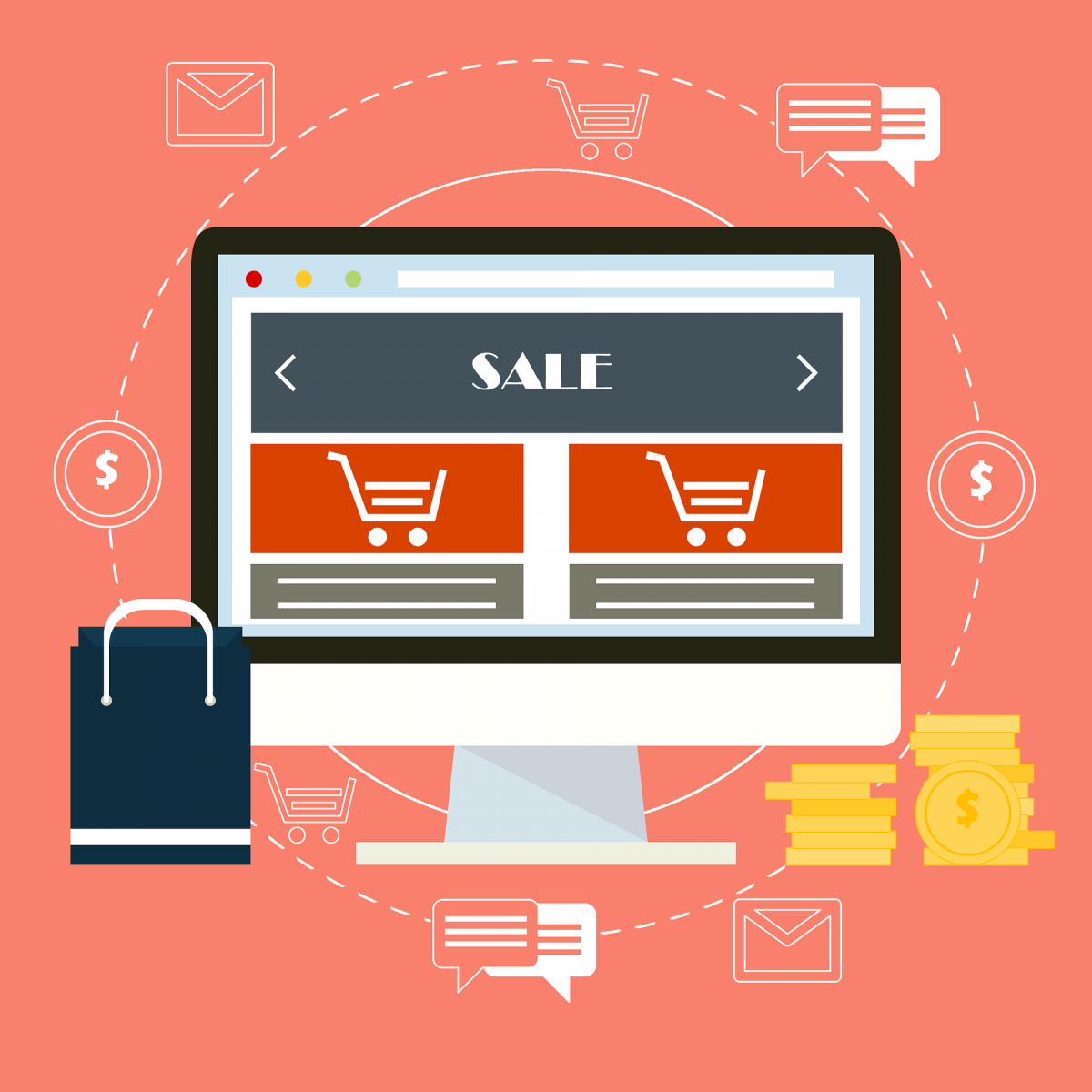How you design your payment page can dictate whether or not you achieve a conversion. Though your payment options may be plentiful, an inefficient processing system may result in unnecessary expenditures or unprotected data. If you’re making any of the following processing mistakes, it may be time to reevaluate your partnership with your provider or outsource solutions if you haven’t already incorporated them.
1. You Lack Payment Options
Though a fairly elementary concept, it can be easy to settle for a basic credit card and cash on delivery payment option for your consumers. After all, you want to start selling as soon as possible. However, if you’re targeting clients who prefer to make purchases using mobile wallets, for example, foregoing the option entirely can hurt your prospects in the long run.
2. Forgetting to Ask Important Questions
Though some queries on your laundry list of questions may seem trivial, it’s important that you ask any potential credit card provider every single one. Glossing over something you feel is unimportant can, in fact, cause trouble down the lane. The relationship you’ll have with your provider is a long-term one, thus encouraging transparency will help them better meet your needs.
3. Completely Overlooking Chargebacks
Every eCommerce business knows the horrors of a chargeback. Whether a customer has filed a fraud claim due to a forgotten purchase or failed to recognize a purchase made by another family member, most chargebacks are caused by innocuous oversights. However, others may be driven by more malicious reasons such as dissatisfaction with your product or feeling misled.
To avoid unnecessary chargebacks, ensure that the overall shopping experience you provide is intuitive, streamlined, and descriptive. Don’t make any promises your product can’t surely deliver and avoid vague product descriptions. Ensure that your payment form is user-friendly that your terms and conditions, along with your shipping and returns policies, are clearly communicated and easy to access.
4. Overpaying Processing Providers
If there’s one thing business owners adhere to most, it’s that every dollar counts. If you’re spending far more than you should on credit card processing for a fairly mediocre job, you’ll need to zero in on discrepancies you may not have noticed in the first place. As a general rule, doing your research on a credit card provider can help you avoid unmerited charges. Consider whether a provider is capable of meeting your needs at competitive rates without hidden charges.
Make sure to review your statements every month and consider whether or not you’re spending far more than you can account for. Similarly, if you have a little bit of financial wiggle room and aren’t satisfied with the service you’re getting, you might consider a more capable provider.
Conclusion
Accepting payments isn’t as simple as opening a bank account for your business. You’ll need to develop an understanding of various payment methods and how best to process these. A responsible payment processor will not only take on the job for you but will also help you make more informed decisions regarding your payment schemes.
By signing up with Payment Page, you can fully customize your payment forms using a versatile payment page builder. We can help you accommodate all types of payment methods and create beautiful designs that get you converting in no time.




